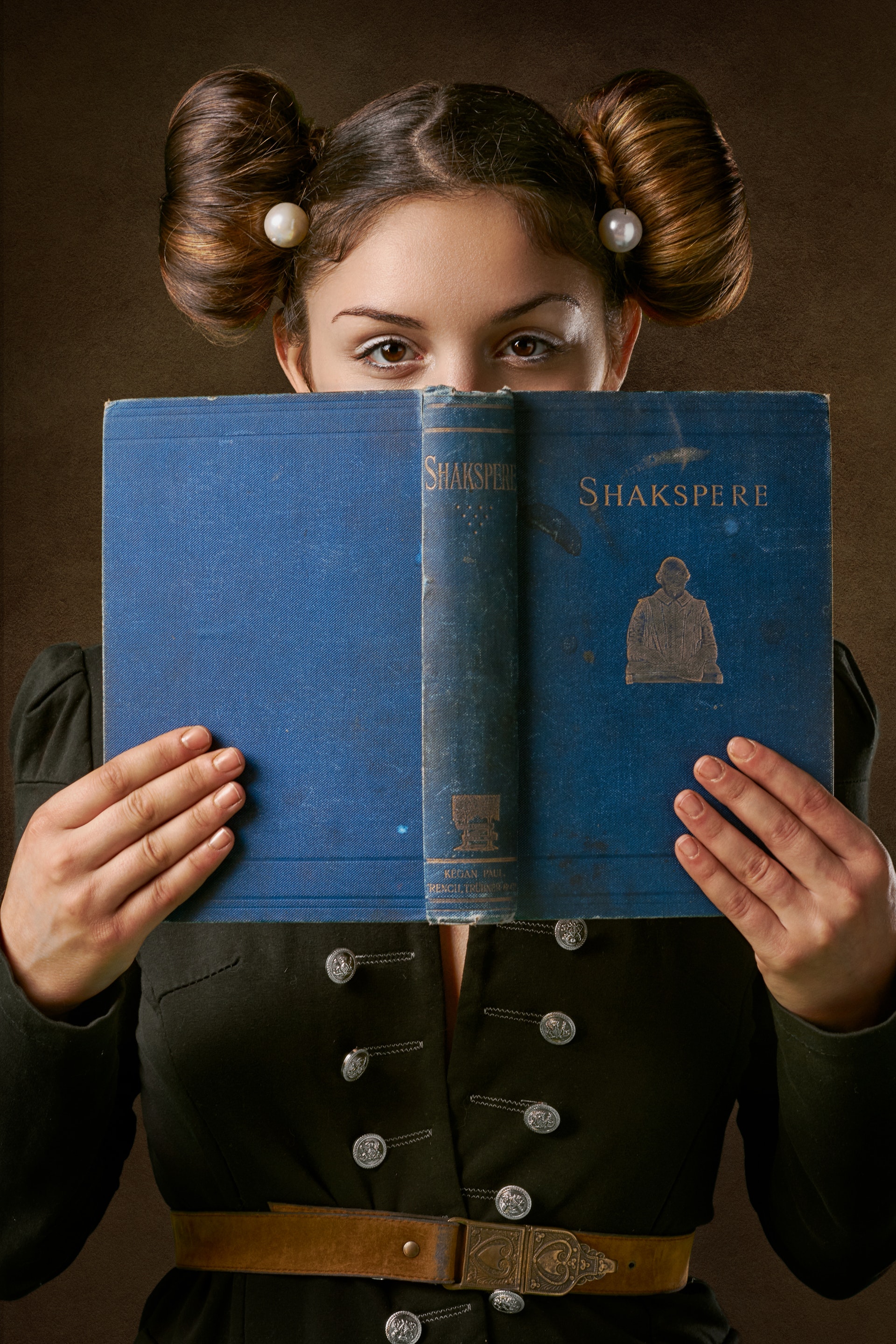As toddlers, kids delighted in singing nursery rhymes. In kindergarten, they celebrated Dr. Seuss, listening intently to books and devouring green eggs and ham. Singing silly songs and making up lines was natural and enjoyable. As students move into more difficult texts, poetry is often cast aside for prose. Some people hesitate to see its importance. Teaching this craft, at all ages, has benefits and can be a fun experience. The following tips may help energize students to once again rejoice in the beauty of the poem.
Don’t Let It Puzzle You

Poetry is a puzzle in so many ways. It’s fun to determine how each piece fits together. Show this idea to students. Grab some easy puzzles. Your local dollar store should have some, or you can ask around the neighborhood. Place the kids in groups, but don’t show them the box. Make it a competition, and see which team can work together to complete the whole picture first. Then, debrief and discuss the tactics.
Some students may have started with corners. Others probably started with images that were easy to connect. Have them talk about their methods and connect it back to reading practice. Readers don’t always comprehend poetry at first. Like a puzzle, the meaning or ideas can hide. It’s better to look for one concept that makes sense and then add to it. By working with strategies, the text will grow easier.
Get Figurative

Students should learn figurative language and theme. These concepts will carry over into future readings and will allow children to think out-of-the-box. For alliteration, try to have a competition with tongue twisters. Maybe try tongue twister scattegories. Pick a letter for the class. Each person can write their own twisters using the letter. Share them out loud for a few laughs. Having trouble with metaphors, similes and personification? Let the kids play a fun game of poker.
Create a stack of about 200 random words. Type it in a program that lets you print labels. To save time, print the labels, and stick them on index cards. You’ll need nouns, verbs, adjectives and adverbs. Give each group a set. Deal out 5 cards each. Each player should piece the words together to make a line of poetry. Let them add in their own conjunctions and prepositions.
Can you see the embedded grammar review as well? Students play as many hands as time allows. For each form of figurative language, the player earns one point. The person with the most points wins. In the process, everyone has created a poem. After a few rounds, your eager students will hopefully feel more at home spotting these devices in other texts.
Teaching smaller works, such as poems, has several advantages. Children learn to have multiple readings and learn in layers. One day they might practice decoding for meaning. Another day they can examine style. Make the experience fun, and help the kids understand that challenges are okay. The class may be more cooperative, and they can have that aha moment that keeps them going.




